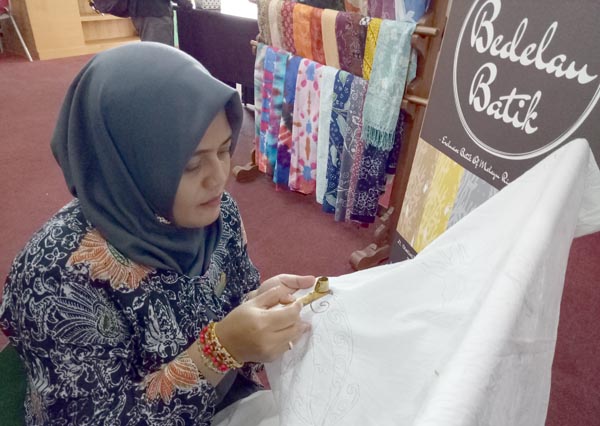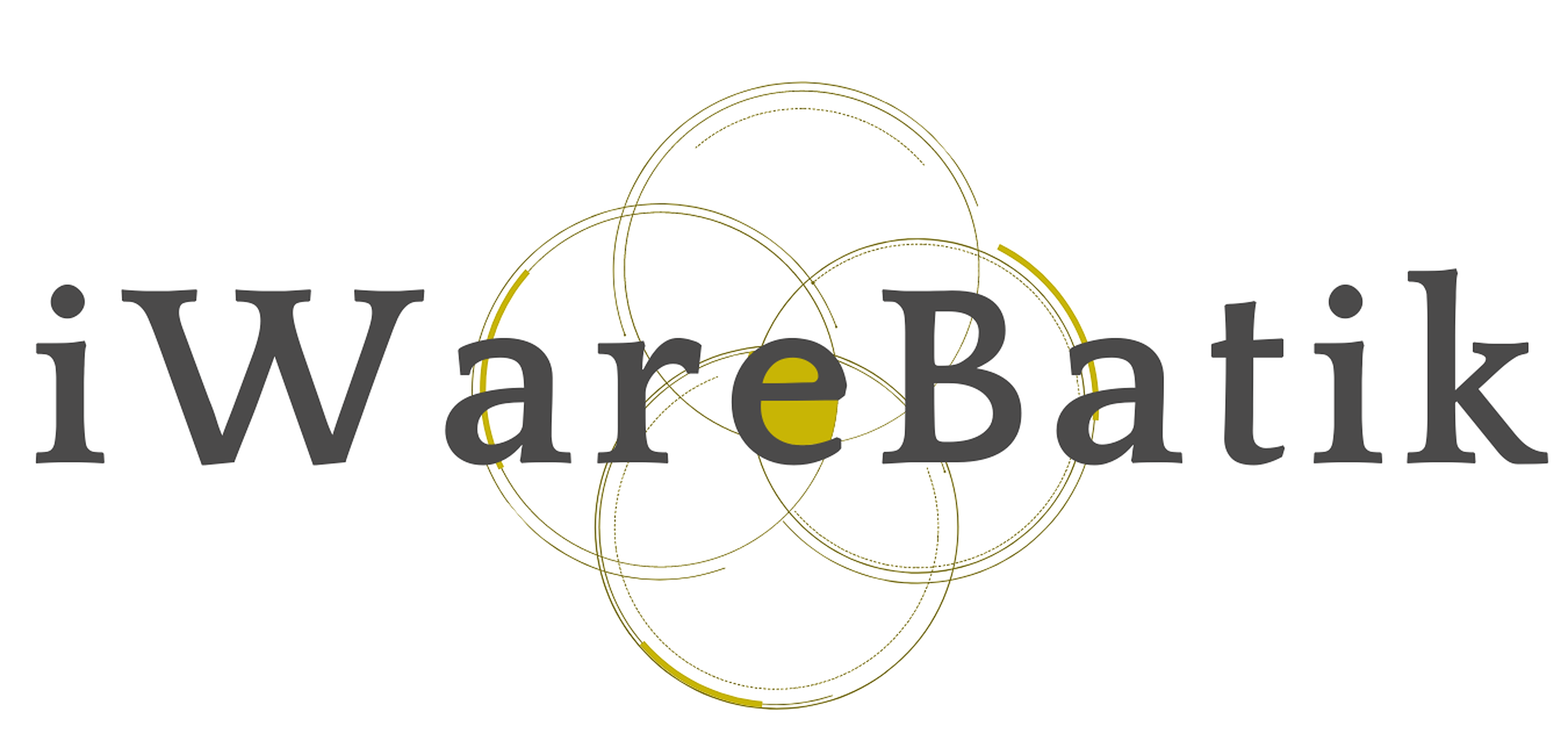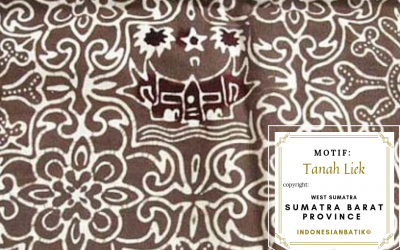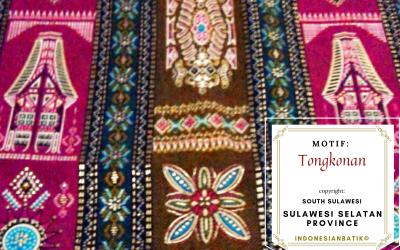Home / Indonesian Batik – Thematic Meanings – Ethnic Identity / Tikar Natuna
Tikar Natuna
Meanings:
Tikar Natuna (the Traditional Mat of Natuna) motif is adapted from the traditional making of pandanus mats in the Natuna Islands. The mat weaving tradition has special meanings and has been preserved for centuries by the local community in Natuna island. It is a form of traditional creativity of Natuna culture that can still be traced to this day. The creation of this batik textile is also aimed at raising the awareness of local people about the traditional pandanus woven mats.
Note: All contents and batik images are protected by Indonesian cultural property law. This documentation is intended for educational purposes and to facilitate the preservation of Batik UNESCO’s intangible cultural heritage 2009. Any use of published materials is allowed only with reference to this website as the original source of publication.
How to preserve Batik
Philosophical Meanings of Batik
Learn and identify the meaning of the motifs from each region. Are you searching for a meaningful gift for your loved ones? Surprise them with a merry little Batik!
Authentic Batik
Buy the authentic handwritten Batik textiles to add to your prestigious collection. Such support will enhance the well-being of Batik artisans and preserve the living heritage.
Batik Community
If you want to meet the Batik artisans, we encourage you to visit and support Batik workshops in Indonesia. You may discover the local tourism that suits your preference!
UNESCO Intangible Cultural Heritage of Humanity in 2009
Batik Production Process in Riau Islands
Batik production can take 1 month up to 2 years of working time depending on the purposes of the textile creation and the colour complexity. The Batik handwriting textile is generally made with 8 design steps, ranging from wax patterning to colouring process. The artists use Canting, as a tool to put hot melted wax on the cloth.
Batik Regions
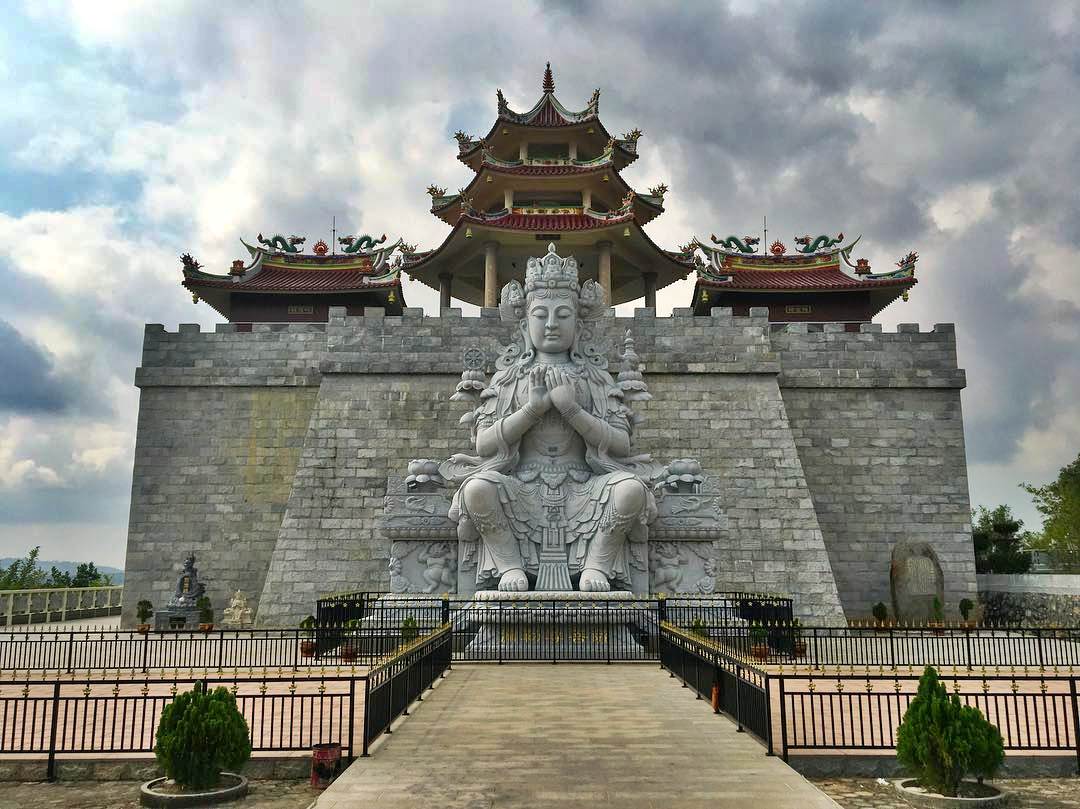
Overview of Riau Islands Province
The history of the Riau Islands evolved from Hindu-Buddhist to Islamic times. Pasir Panjang Inscription in Karimun island shows the presence of Buddhist shrine during the 9-10th century AD. Every year the region celebrates the Maritime Festival and Dragon Boat Contest that attract international participants.
